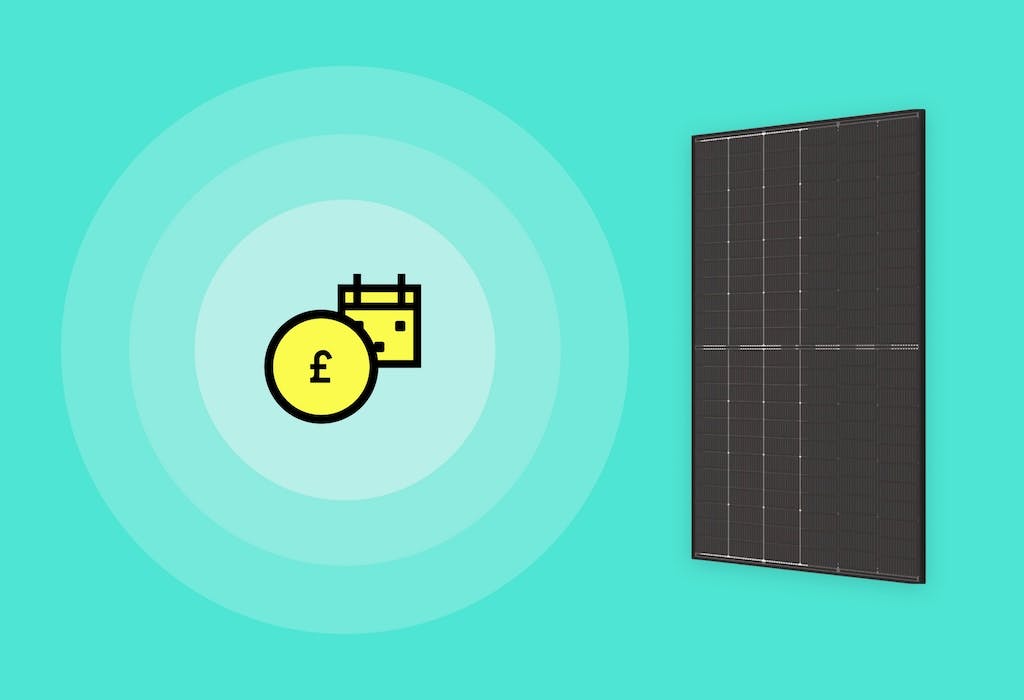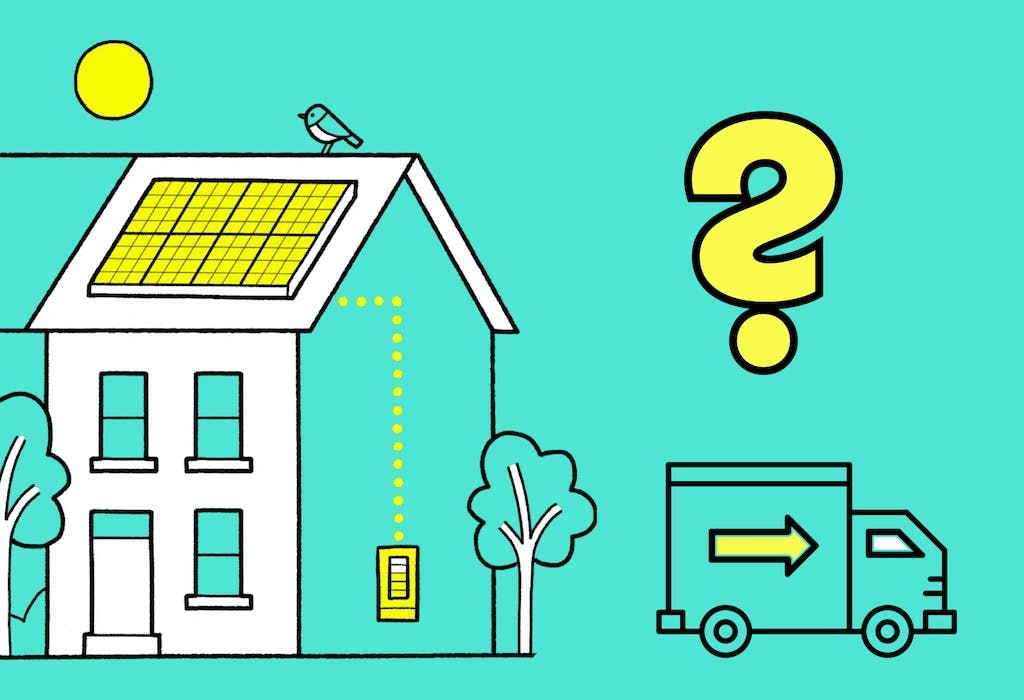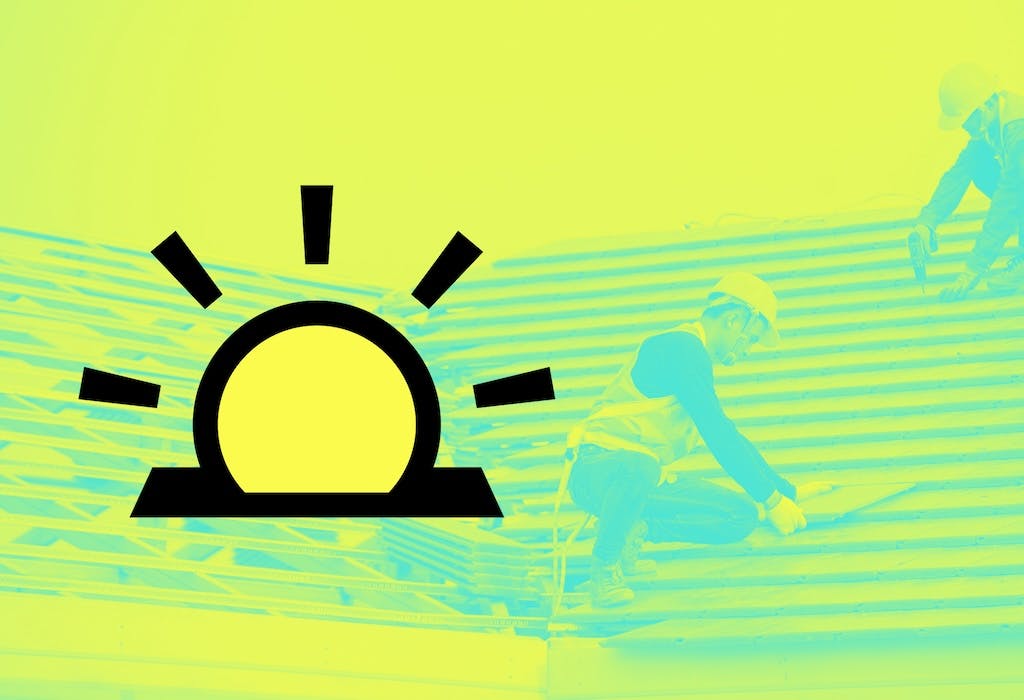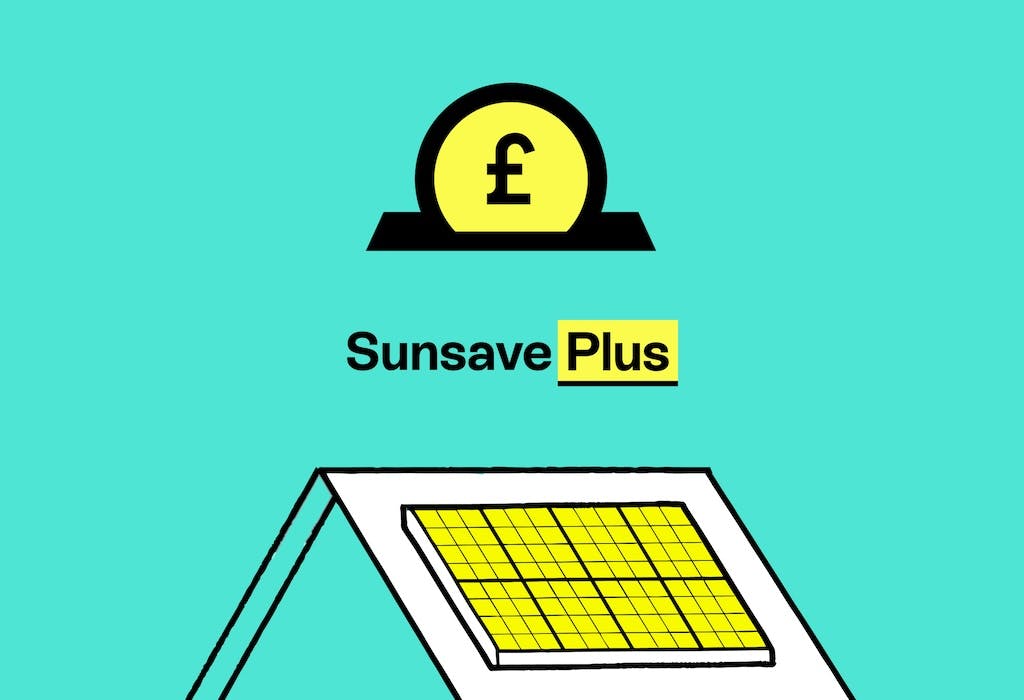- Solar advice hub
- Sunsave-plus
- Why Sunsave Plus does not require a roof lease
Why Sunsave Plus does not require a roof lease
We run through why Sunsave Plus has been designed differently so that a roof lease is not required, and why this matters.


Why you can trust our content
We know that the solar industry is full of misinformation, but we only use reliable sources, including:
- Our experienced solar experts, installers and system designers
- Our own database of solar & battery system designs
- Authoritative bodies like MCS and the UK government



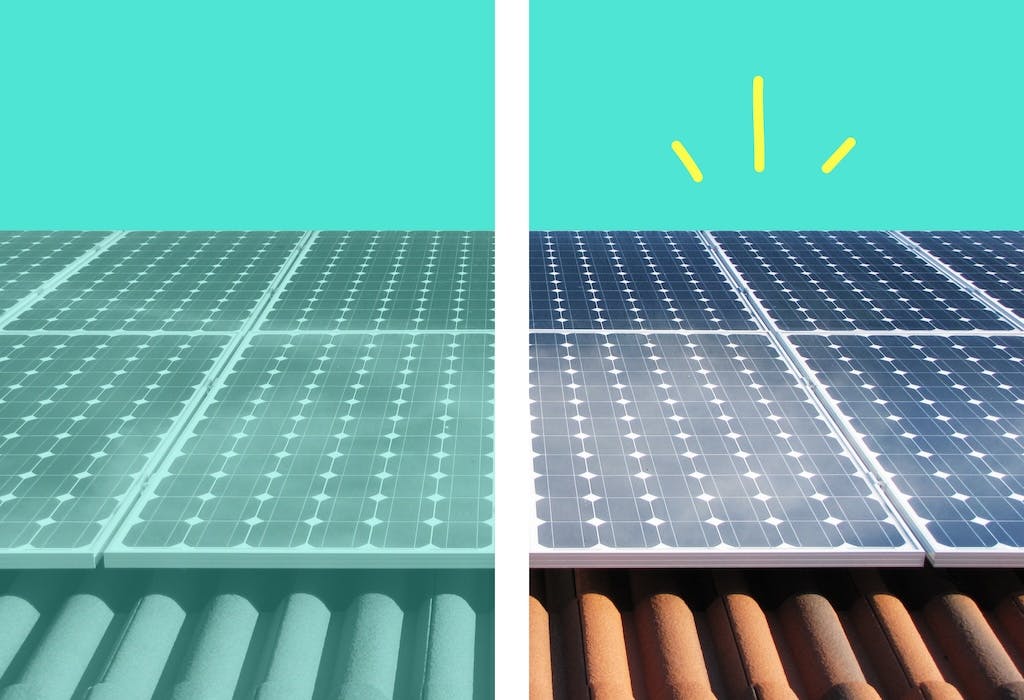
Calculate savings
What kind of home do you live in?
Calculate savings
What kind of home do you live in?
At a glance
Solar products that need a roof lease come with a long list of disadvantages, and many of the solar lease companies active in the 2010s caused significant problems for consumers.
When building the UK’s first solar subscription, we wanted to keep the consumer’s best interests at the centre of every decision, and so Sunsave Plus does not need a roof lease, meaning you’ll legally own your solar & battery system as soon as it’s installed.
In this article, we’ll run through what a roof lease is, when it’s required, what problems it can cause, and why you don’t need to worry about any of these things with Sunsave Plus.
Find out how much you can save
What kind of home do you live in?
What is a roof lease?
A roof (or airspace) lease is an agreement that gives a third party the rights to your rooftop, or the airspace above it, for a fixed period of time.
If you rent or lease solar panels from a third party, you will be required to sign a roof lease so that ownership of the solar panels doesn’t pass to you once they are installed. This is because in English property law, unless a roof lease is in place, ownership of the panels will automatically pass to the property owner once permanently affixed to the property.
After the government launched the Feed-in Tariffs (FiT) scheme in the early 2010s, leased solar products (known as ‘rent-a-roof schemes’) became a popular way for households to install solar panels.
These lease models typically involved companies installing solar panels for free and acquiring the rights to the homeowner’s roof for up to 25 years. For the duration of the lease, the homeowner benefited from the electricity produced, and the company received the FiT payments.
At the end of the lease, homeowners usually had the option to either buy the solar panels, have them removed, or renew the lease.
On the surface, this product seemed great for homeowners who couldn’t afford the upfront cost of solar panels, but by giving up the rights to their roof they ended up facing a number of major problems.
What are the issues with solar products that need a roof lease?
Many homeowners who signed solar roof leases in the 2010s have since experienced serious challenges, especially when moving home.
And even though the situation has slightly improved, modern solar roof leases still come with notable drawbacks that should be avoided.
You don’t have full control over your property
This is perhaps the most significant problem with solar products that need a roof lease, and the main reason that they have developed such a negative reputation since the 2010s.
When a company owns the rights to your roof space, you lose your freedom to do whatever you’d like with your property and sacrifice one of the main advantages of home ownership in the first place.
Some roof leases have clauses heavily weighted towards the company, which may be unfavourable to you (such as the roof lease agreement in this Which? article).
For instance, you may have to get consent if you want to make changes to your property, such as an extension, a new roof, or a loft conversion.
Some leases may even require you to compensate the company for any missed export payments or lost electricity generation, and you could face penalties if any building work reduces the generation of your solar panels, even temporarily.
You may face challenges selling your home
Historically, prospective buyers have struggled to find mortgage providers willing to lend against homes with roof leases, as the roof lease could make it harder for the lender to repossess the home in a mortgage default scenario.
Today, mortgage lenders have more awareness of roof leases and their key terms, however there is still considerable nervousness and they may require a lot of documents from you. Despite increased awareness, new homebuyers may still find they have fewer mortgage providers willing to provide a quote for the property.
On top of this, new homebuyers may be reluctant to make an offer if they are planning to make future changes to the property.
You don’t own the solar equipment
If a company asks you to sign a roof lease, it is because they will retain ownership of the solar panels, and it will not pass to you.
That might sound attractive if you’re benefiting from energy bill savings and an affordable monthly payment, but you might be missing out on a huge advantage of owning solar panels: export income.
With a solar & battery system you will produce excess electricity that you don’t need (especially in the summer months) and this is automatically sent to the grid. Energy suppliers will pay you for this electricity, and you can choose any export tariff you want - although some will also require you to be a customer.
Export income forms a huge chunk of the financial benefit of switching to solar, and it is potentially worth hundreds of pounds a year on top of the energy bill savings.
Some export tariffs are ‘smart’, meaning they have peak and off-peak periods, and they will automatically program your battery to import and export electricity at the most profitable times. This automated process generates additional revenue that you wouldn’t earn with a normal export tariff. Without smart battery controls, you’re not maximising the value of your system.
Energy providers are also starting to incentivise households to use less electricity at specific hours on certain days, such as Octopus Energy’s ‘savings sessions’, where you get paid for reducing your energy usage at peak times. However, you also get paid for exporting energy at peak times, and smart battery controls can help you make the most of this opportunity.
If you choose a leased solar product, it’s possible you won’t have access to any export tariffs and you’ll miss out on all these benefits. Instead, all the export income will go directly into the pockets of the company who put the panels on your roof.
With Sunsave Plus, you’ll own your system from the point of installation and be able to choose whichever export tariff you want.
You may not be able to exit the contract
The most restrictive roof lease contracts do not even come with a buyout clause, which means you can’t end the agreement early even if you can afford to.
In this Guardian article from 2018 exploring the downsides of roof leases, there are interviews with several people who are trapped in long contracts and with no way to buy themselves out.
Roof leases without a buyout clause are thankfully rare nowadays, but it’s still something to watch out for.
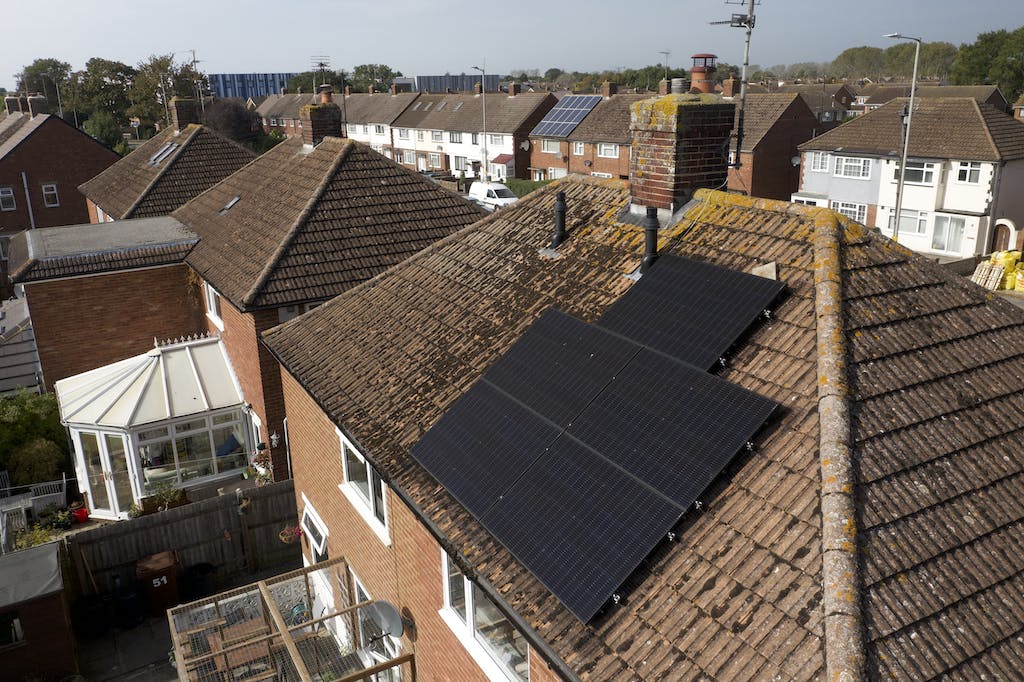
Sunsave Plus is different
As roof leases come with many negatives for homeowners, they are evidently not the best way to make solar accessible to everyone. Instead, Sunsave Plus is a highly flexible solar subscription that doesn’t need a roof lease, but still provides a solar & battery system at no upfront cost.
Here’s how our product has been created with your best interests at heart.
You’re in control of your house sale
We’ve designed Sunsave Plus so that you legally own your system from day one, and it immediately becomes a part of the fabric of your property. We don’t need any rights to your roof for any period of time because the system is yours.
This means that you’re completely free to sell your home whenever you want, unencumbered - you don’t need to check your contract or ask Sunsave for permission.
And because our product doesn’t need a roof lease, you won’t run into any issues with mortgage lenders. They may want to check that your solar & battery system is owned by you, and that the installation is certified by Flexi-Orb or MCS, but you’ll have documentation from us that proves this.
Where there are no roof leases present, mortgage lenders tend to be supportive of solar panels on properties, as they increase a household’s EPC rating, and a housing portfolio with high energy efficiency gives lenders access to cheaper, ‘green’ capital.
With Sunsave Plus, you also have the flexibility to choose what happens when you move home: you can either pass on the agreement to the new homebuyer, or include the value of your system in the price of your property and pay off the subscription early.
For more information, check out our detailed guides to moving home with a Sunsave Plus subscription and early repayment.
You own your system
Unlike solar products that need a roof lease, we do not retain ownership of the kit. The solar & battery system we install at your property is legally yours from the very beginning.
And because you own the system, any export income that it generates is yours. To help decide which export tariff you should choose, check out our guide to the best solar export tariffs.
The fact you can earn export income means your system should be more attractive to incoming homebuyers, and you could see a greater boost to your property’s value whenever it comes to moving home.
We’re FCA regulated
Some solar products that need a roof lease are not regulated by the Financial Conduct Authority (FCA), meaning they don’t have to adhere to high standards set by the FCA when it comes to treating customers fairly.
In contrast, Sunsave is fully authorised and regulated by the FCA, whose Consumer Duty requires us to deliver good outcomes for our customers.
Additionally, we must demonstrate a fair relationship between the cost of our product and the benefits it provides, and all of our content must be clear and not misleading.
What if you want roof-leased solar panels?
If you are still thinking about choosing a solar product that needs a roof lease, there are several important questions you should check with your prospective installer:
- Will I earn export income?
- How will the product affect my ability to sell my property?
- What happens if I want to make any changes to my roof or build an extension?
- How will it affect the value of my home?
- How will the product affect my ability to renew my mortgage or change mortgage provider?
- Is the system fully insured?
- What happens to the solar panels at the end of the lease?
- Can I exit the contract early if I want to?
- Are there any additional charges?
If the answers to some of these questions are not what you want to hear, we recommend that you consider Sunsave Plus as an alternative. Our solar subscription is available at no upfront cost, and you legally own the system from day one (so any export income is all yours).
What’s more, you can end your subscription early at any point with a full repayment, and if you ever want to move home during your subscription, you can pass on the contract to the new homebuyer.
Every Sunsave Plus system is also backed up by the Sunsave Guarantee, which includes 24/7 monitoring, free replacement parts (including a battery and inverter), and downtime cover. Your system will also be insured by Aviva against damage, fire, and theft.
Find out how much you can save
What kind of home do you live in?
Sunsave Plus vs roof leases: FAQs
Related articles

Written byCharlie Clissitt
Born in Yorkshire and now living in London, Charlie has been in the renewable energy industry since 2017, having worked as a writer and then editor of green technology advisor The Eco Experts. His work has focussed on educating UK homeowners about a wide range of residential power and heating solutions, including solar panels, storage batteries, heat pumps, infrared panels, and EV chargers.
